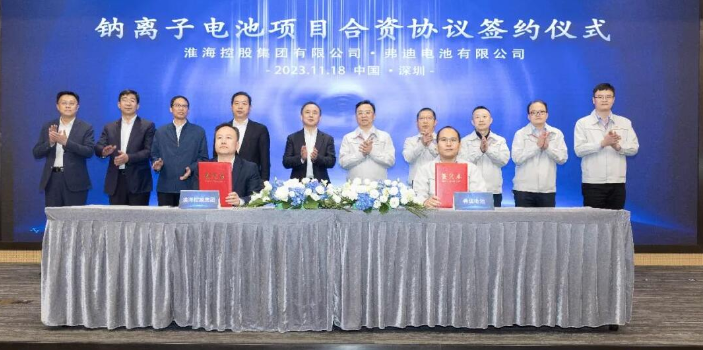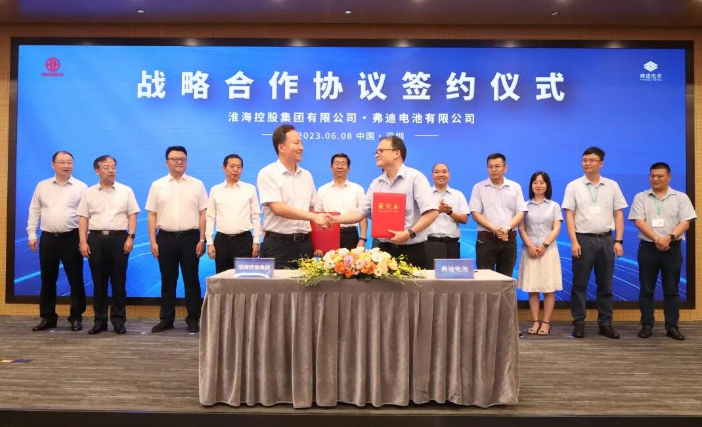BYD recently obtained its 6 millionth new energy vehicle, to establish itself as one of the leading manufacturers of electric cars.
To continue in its leadership role, the Chinese giant signed an agreement with Huaihai Holding Group to build a new sodium battery gigafactory in Xuzhou, Jiangsu province.
The facility will have a capacity of 30 GWh per year, enabling the company to become the world’s largest supplier of sodium batteries for microcars.

Read also: BYD Achieves Six Million New Energy Vehicles
Investment
The project will have an investment of 1.2 billion euros. According to CnEVPost, the first BYD model to be equipped with this type of cells will be the Seagull, an urban car scheduled to arrive on the European market in 2024.
Currently, the BYD Seagull is marketed in two versions, both of which share the same 75 hp (55 kW) and 135 Nm engine.
While the access option has a 30.08 kWh battery capacity, which provides a range of 305 km CLTC, the superior one has a 38.88 kWh pack, thanks to which it reaches 405 km CLTC. In both cases, the chemistry used is LFP (lithium-ferrophosphate).
Experts estimate that, when they reach sufficient scale, sodium batteries could cost half as much as LFP; moreover, by 2025 they should match the capacity that LFP had at the beginning of the decade.
They will therefore be ideal for low-cost electric cars. Another noteworthy point is that their low-temperature performance is far superior to that of lithium batteries.
Huaihai will provide its resources, including application and marketing scenarios, and FinDreams will provide products and services, according to the company’s press release.
Sodium-ion battery technology is maturing and has broad market prospects, FinDreams will accelerate the construction of the sodium battery project in Xuzhou, said He Long, executive director of BYD’s battery unit, according to Huaihai’s press release yesterday.







